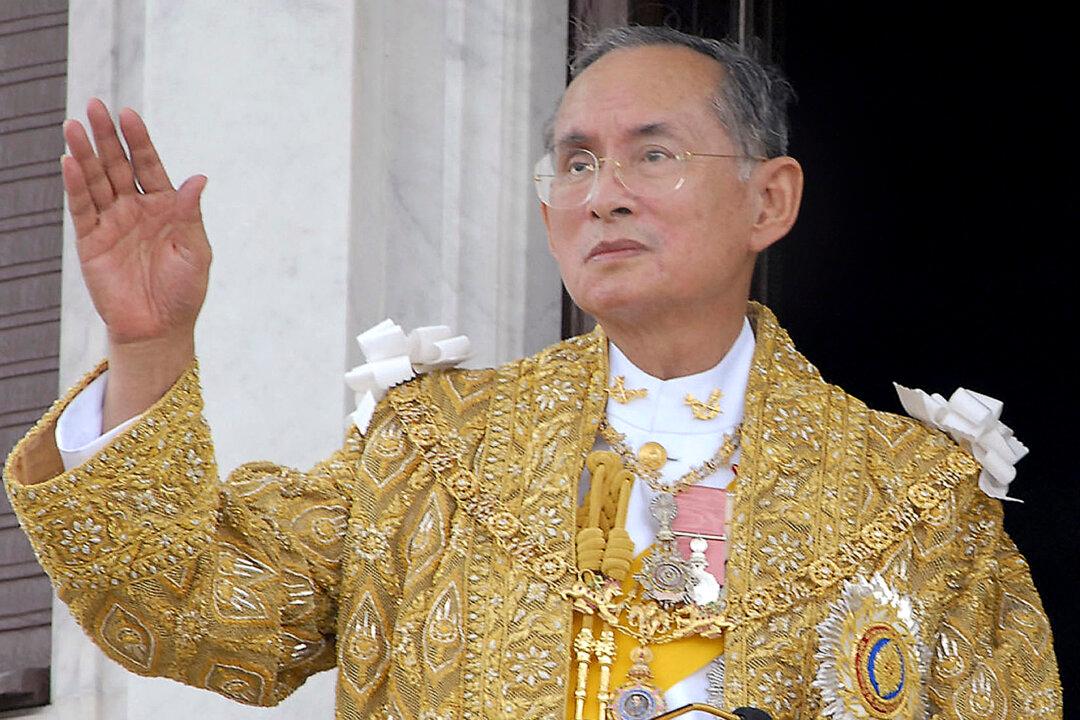The congressional override of President Barack Obama’s veto of the Justice Against Terrorism Act (JASTA) could have serious implications for U.S. soldiers and diplomats serving abroad, warn critics.
Supporters of the new law directed against Saudi Arabia say it gives the families of 9/11 victims an avenue for justice by allowing them to sue the Saudi government for its alleged ties to the attacks.
The president and his national security establishment fear the law would set a dangerous precedent that could undermine reciprocal sovereign immunity, a core principle of international law.
If so, it could put diplomats and soldiers in foreign countries at serious risk, they argue.
International Law

CIA Director John Brennan, in Washington on Sept. 20.Mark Wilson/Getty Images




